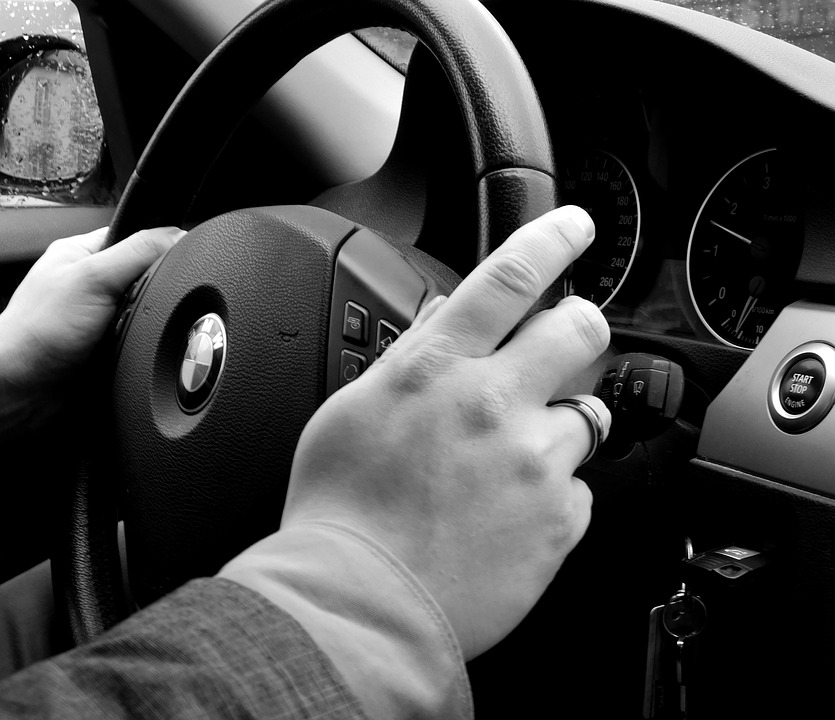We are all familiar with the heart-wrenching tales and the profound aftermath of accidents caused by drunk driving. These incidents shatter lives, tear families apart, and plunge communities into mourning. In this blog post, we delve into the human aspect of how ignition interlock devices, obtained from companies like Roadguard Interlock, play a pivotal role in enhancing road safety. So, let’s learn more.
The Personal Impact
Think about the social gathering where you have had a few drinks. There is a temptation to get behind the wheel after drinking alcohol. This is where ignition interlock devices come into play. They act as a guardian angel, standing between the temptation to drink and drive.
When there is a previous DUI conviction and an IID is installed in a vehicle, it serves as a constant reminder of the consequences of previous actions. Rather than taking a risk and possibly harming themselves or others, they choose safer alternatives like calling a cab, using rideshare services, or relying on a designated driver.
The Legal Aspect
Laws and regulations regarding drunk driving vary from state to state, but many have recognized the value of IIDs for reducing recidivism.
In some cases, installing an IID is mandatory for individuals with a DUI conviction to regain their driving privileges. As well as highlighting the seriousness of the crime, the legal requirement emphasizes the commitment to road safety. It sends a clear message that society will not tolerate repeat offenders, and it will be more than willing to take measures to protect innocent lives.
The Role of Technology
Innovations in technology have played a significant part in making ignition interlock devices more effective and user-friendly. Modern IIDs are equipped with features such as breath alcohol analyzers, GPS tracking, and tamper-proof mechanisms.
The breathalyzer ensures that the driver is not under the influence of alcohol beyond prescribed limits. If the device detects alcohol in the breath, the vehicle simply won’t start. This technology is accurate, and trustworthy, and has helped prevent many an instance of drunk driving.
GPS tracking, on the other hand, allows authorities to monitor the movements of individuals required to use IIDs. This not only ensures compliance but also helps in assessing the effectiveness of the program in reducing DUI incidents.
Moreover, tamper-proof mechanisms prevent drivers from attempting to bypass or disable the device. This added layer of security is essential to maintaining the integrity of the IID program.
Changing Behavior
The core objective of ignition interlock devices is not just to punish offenders but to change their behavior. By providing a tangible consequence for drinking and driving, IIDs encourage individuals to confront their actions and seek help if necessary.
IIDs are a sobering experience both metaphorically and literally. They force drivers to confront their choices and remind them of the importance of driving responsibly. Individuals become more accountable as they learn to make better decisions regarding alcohol consumption and driving over time.
Family and Community Impact
There is an impact of drunk driving not just on the person behind the wheel, but also on families and communities. When someone is hurt or killed in a drunk driving accident, the ripple effect is devastating. Ignition interlock devices help break this cycle of destruction.
An IID is often a welcome sight for families of DUI-convicted individuals. They know their loved ones are less likely to make the same mistake again, reducing the fear and worry that comes with the possibility of another DUI incident. It provides peace of mind and a sense of security within the family unit.
Communities also benefit from the widespread use of IIDs. When fewer people are on the road under the influence of alcohol, the chances of accidents and fatalities decrease. Safer roads mean a healthier and happier community for everyone.
Ignition interlock devices are not just pieces of technology – they are the instruments of innovation, change, and protection. They serve as a constant reminder of the importance of responsible choices, and the pivotal role they play in preventing drunk driving incidents. From the personal impact on individuals to the legal consequences and the role of technology, IIDs have transformed the landscape of road safety.
We must continue to support ignition interlock devices and encourage their widespread adoption. Then we can take steps toward a world where drunk driving no longer exists. One where the roads are much safer and families and communities can escape the devastating consequences of such reckless behavior.


